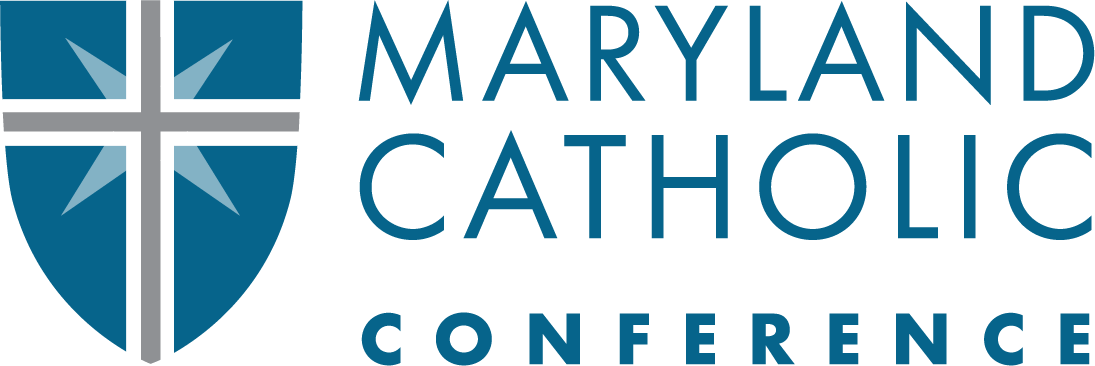Favorable
Committee: Heath & Government Operations
HB0158
The Maryland Catholic Conference offers this testimony in support of House Bill 158. The Catholic Conference is the public policy representative of the three (arch)dioceses serving Maryland, which together encompass over one million Marylanders. Statewide, their parishes, schools, hospitals and numerous charities combine to form our state’s second largest social service provider network, behind only our state government.
House Bill 158 rebrands and expands the “Senior Call-Check Service and Notification Program” through the Maryland Department of Aging. The revamped program will be called the “Social Connections Program” and will expand promotion of wellness and purposeful social engagement amongst senior Marylanders. Those eligible for the program will be residents of Maryland who are “older adults” at risk of social isolation.
This legislation would remove the age threshold of 65 years in defining “older adults,” thus further expanding eligibility for the program. Additionally, this legislation would assist those with disabilities and limited English proficiency by providing regular direct communication services for the deaf and hard of hearing community, thus exemplifying another warranted expansion of the current program.
The Conference supports this bill as a means for caring for vulnerable elderly populations, who are at significant risk for social isolation. This legislation would heed what Saint John Paul II reflected upon in his “Letter to the Elderly,” wherein he stated, “especially in the more economically advanced nations, there needs to be a reversal of the current trend, to ensure that elderly people can grow old with dignity, without having to fear that they will end up no longer counting for anything. There must be a growing conviction that a fully human civilization shows respect and love for the elderly, so that despite their diminishing strength they feel a vital part of society.” (Letter of His Holiness Pope John Paul II to the Elderly, 1999)
Stronger connections and regular communications are the first means in ensuring elderly Marylanders maintain their vitality within society, rendering this legislation pivotal. With longer lifespans due to nutrition and medical advancements and fewer seniors living with immediate family, this legislation is a cost-effective way of helping to ensure that elderly Marylanders are less vulnerable to isolation, depression, malnutrition and elder abuse. For these reasons, the Maryland Catholic Conference respectfully requests this committee to return a favorable report on House Bill 158.
